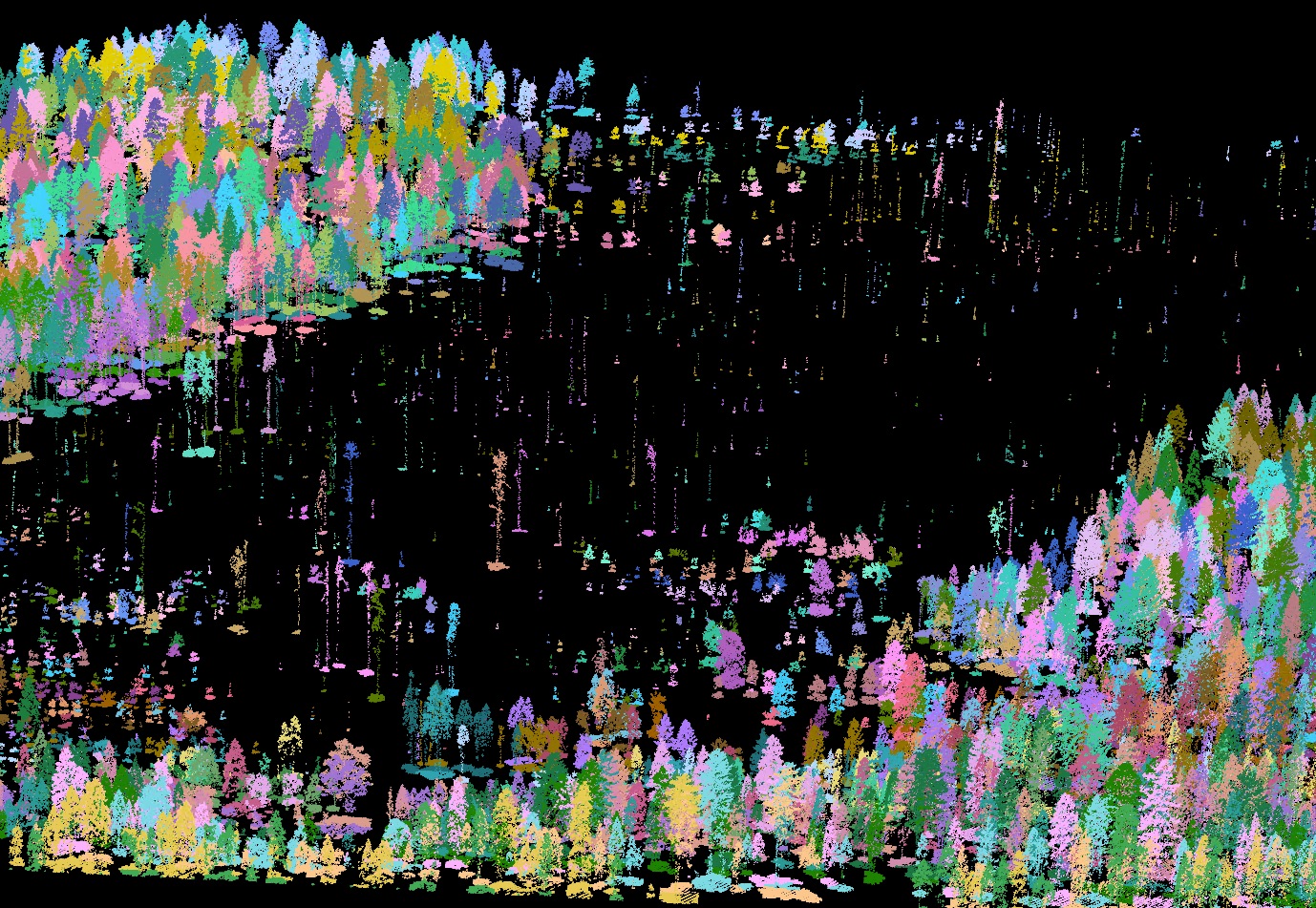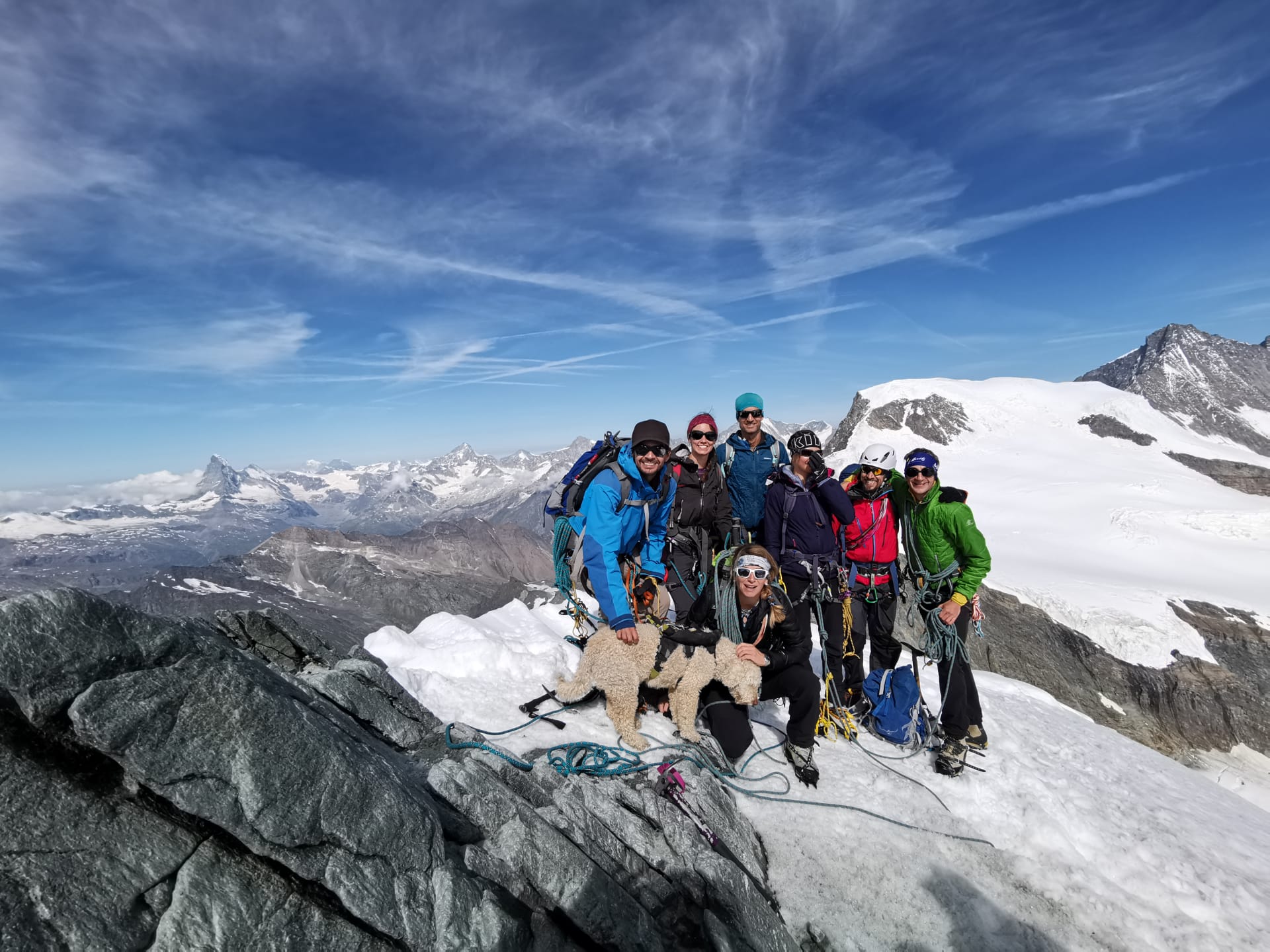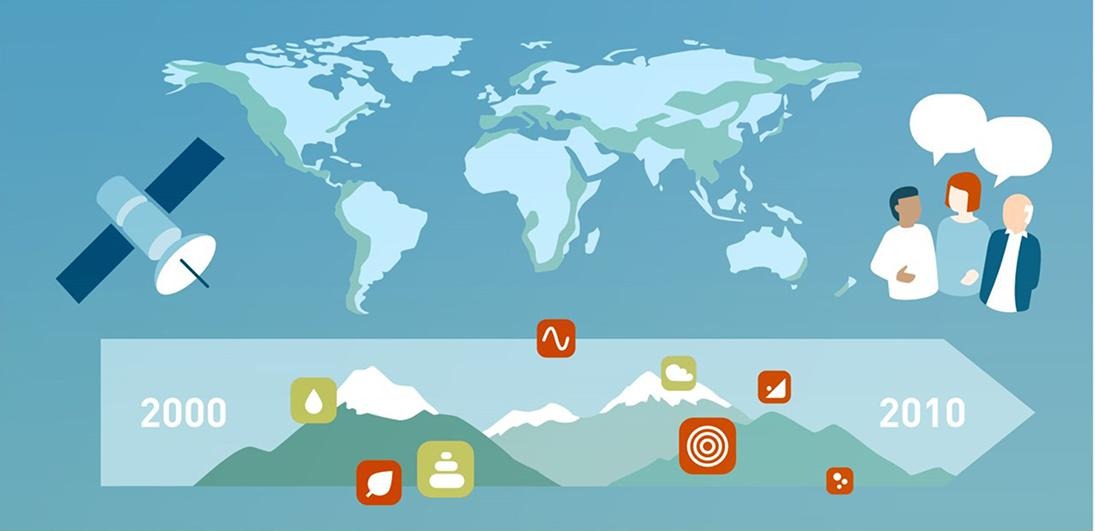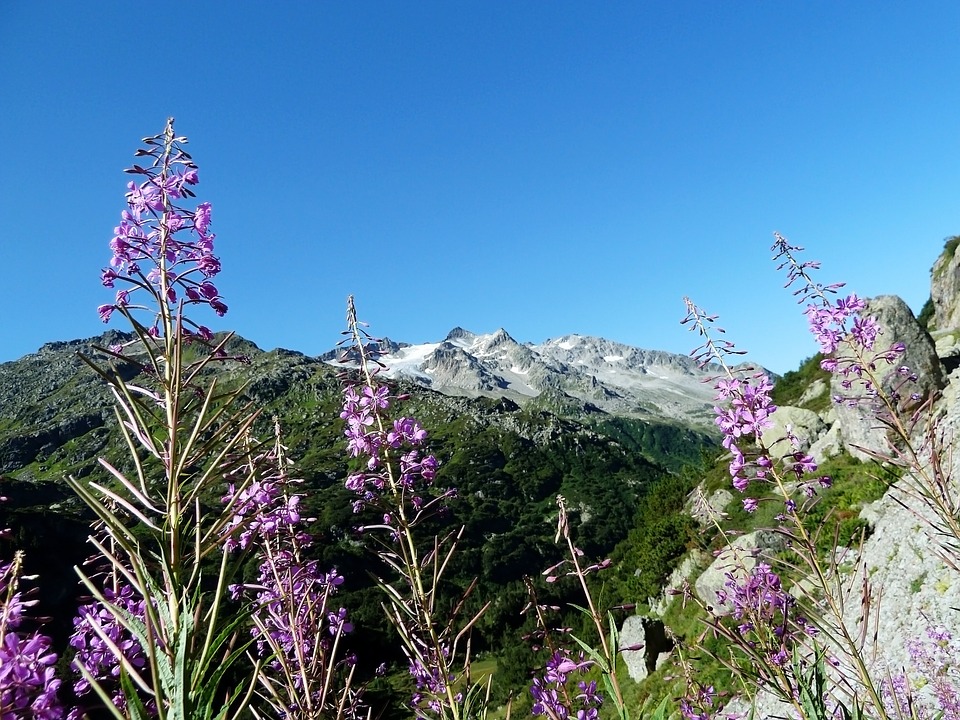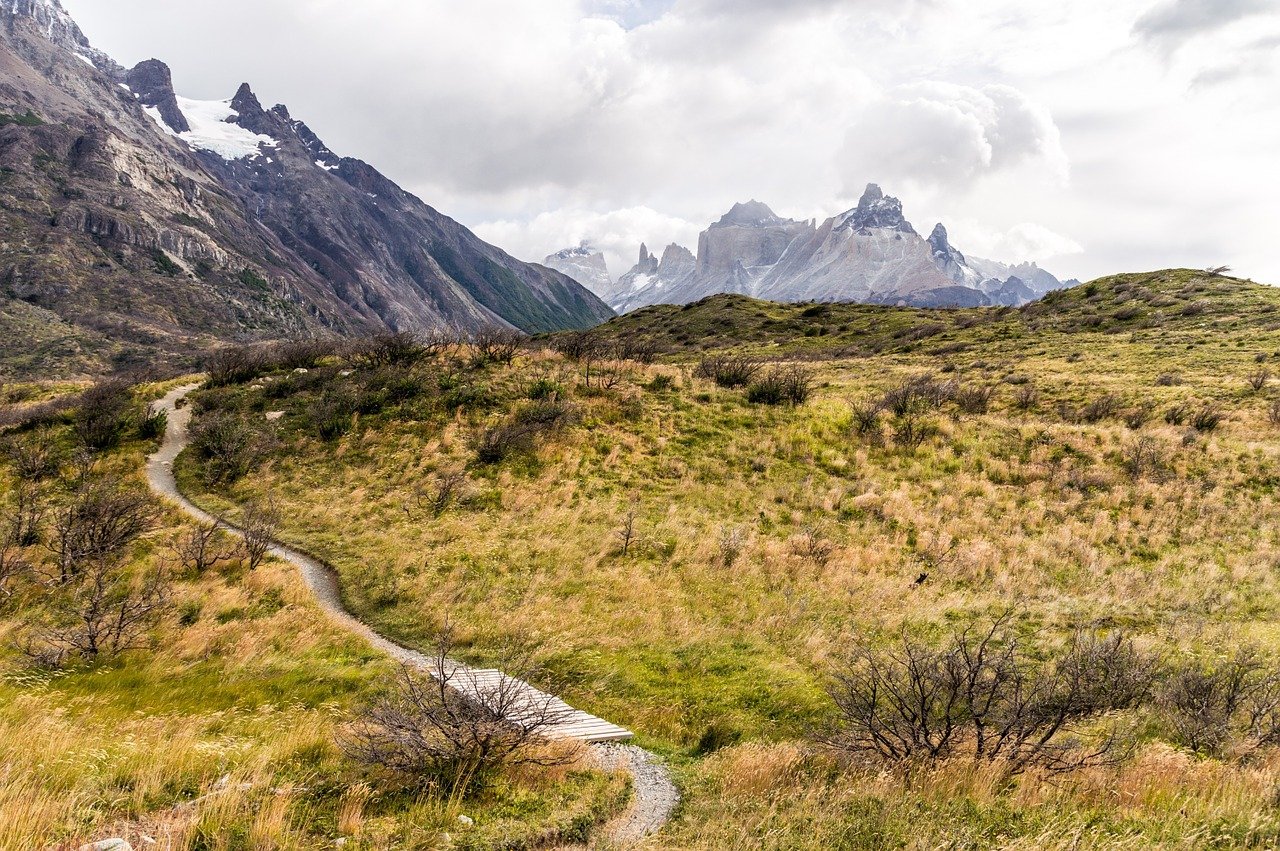MRI News
- Details
- Category: MRI News
The American Geophysical Union (AGU) Fall Meeting 2020 took place virtually this month. Mountain Research Initiative (MRI) Science Leadership Council members Bryan Mark and Shawn Marshall and MRI Scientific Project Officer Gabrielle Vance convened three exciting sessions (one poster, two oral) around the theme of Environmental and Climate Change in Global Mountain Regions. The MRI also organized an informal side event to complement the AGU sessions.
Mountains are sensitive to global climate, hold valued archives of changes over time, and closely couple resources and risks to society. The MRI AGU sessions invited contributions examining past, present, and future environmental change and associated societal impacts in mountain regions. The co-conveners sought measurement and modelling studies of the changing climate, cryosphere, hydrology, and ecology of global mountain environments, including their couplings and implications for mountain social-ecological systems (e.g. hazards, fire, water resources, and other socio-cultural impacts).
- Details
- Category: MRI News
In this interview, Professor Adrienne Grêt-Regamey, Chair of Planning Landscapes and Urban Systems at ETH Zurich and MRI Principal Investigator, discusses mountain ecosystem services under pressure and the vital role of landscape planning in securing them for the future.
As the Chair of Planning Landscape and Urban Systems (PLUS) at the Swiss Federal Institute of Technology (ETH) in Zurich, Professor Adrienne Grêt-Regamey leads research into how humans shape landscapes, and vice versa. In a recent study published in the journal Ecosystem Services, for example, Prof. Grêt-Regamey and her co-author Bettina Weibel conducted a global assessment of mountain ecosystem services using earth observation data. In undertaking this research, Grêt-Regamey explains, they wanted to understand how mountains, as “sensitive social-ecological systems” and “sentinels of global change,” provide insights into “the effects of land use and population change on ecosystem services across the world.”
- Details
- Category: MRI News
In an article published last month in the journal Ecosystem Services, MRI Principal Investigator Prof. Adrienne Grêt-Regamey and her co-author Bettina Weibel investigate the specific contribution of mountain areas to ecosystem services.
- Details
- Category: MRI News
Every year since 2003, the UN declared International Mountain Day (IMD) is observed on 11 December, highlighting the issues and achievements that concern mountains, worldwide. This year, we reflect on the theme of “biodiversity” and the importance of recognising the value of mountains, for instance in hosting about half of the world's biodiversity hotspots. We also recall the crucial contributions that the mountain research community can make to safeguard mountain biodiversity as a global common good.
- Details
- Category: MRI News
The 18th Swiss Geosciences Meeting (SGM) took place virtually earlier this month, offering a series of scientific symposia on the diverse spectrum of current research in geosciences, encompassing the lithosphere, the hydrosphere, the cryosphere, the biosphere, the atmosphere, and the anthroposphere. Among the sessions on offer was the cross-cutting theme for the session titled 'Mountains as Contexts of Global Change', co-convened by the MRI, the Interdisciplinary Center for Mountain Research (CIRM), and the SCNAT Forum Landscapes, Alps and Parks (FoLAP).
Mountain regions offer concrete contexts through which challenges and opportunities of global change are experienced, perceived, and enacted. Combining multiple and diverse knowledge streams across the natural and social sciences, accounting for the complexity of social-ecological interactions, are increasingly called for in mountain research. So, how are we tracking along this imperative, and what exemplars of this type of integrative research are currently being undertaken by Swiss-based and other geoscientists working in mountains, worldwide?
- Details
- Category: MRI News
In an article published this month in the journal Mountain Research and Development (MRD), we outline future directions aimed at supporting and further developing the Mountain Research Initiative (MRI) network – building on the considerable social and intellectual wealth fostered for our changing mountains since the MRI’s beginnings over 20 years ago.
Since our origins in the 1990s, and with the founding of our Coordination Office in 2001, the MRI has striven to achieve a vision in which research to identify and understand drivers and processes of global change in mountains is promoted and linked across disciplines and mountain regions worldwide. Through the MRI Coordination Office’s convening role, over the course of our history we – as a network – have initiated numerous fruitful research collaborations, collectively generating and synthesizing knowledge on global change in mountains that also supports decisions and actions to enable sustainable development.
- Details
- Category: MRI News
At the suggestion of the Swiss Federal Department of Foreign Affairs, MRI Chair Professor Jörg Balsiger has joined a high-level panel of international experts to guide the Environment of Peace initiative.
The Environment of Peace (EP2022) project is an ambitious new initiative that aims to increase global understanding of the impacts that simultaneous environmental crises are having on peace and insecurity. It will analyse the drivers of and linkages between environmental change and its social dimensions—examining not just climate change but the consequences of issues such as the loss of biodiversity, water insecurity, and land degradation. It will explore the challenges and opportunities ahead, presenting clear and practical recommendations that can be adopted at different levels of decision-making.
- Details
- Category: MRI News
The next EGU General Assembly, traditionally held each spring in Vienna, Austria, will take place entirely online as vEGU21: Gather Online (#vEGU21) from 19–30 April 2021. This virtual event will bring together geoscientists from all over the world at one meeting covering all disciplines of the Earth, planetary, and space sciences.
The deadline for early registration is 31 March 2021.




